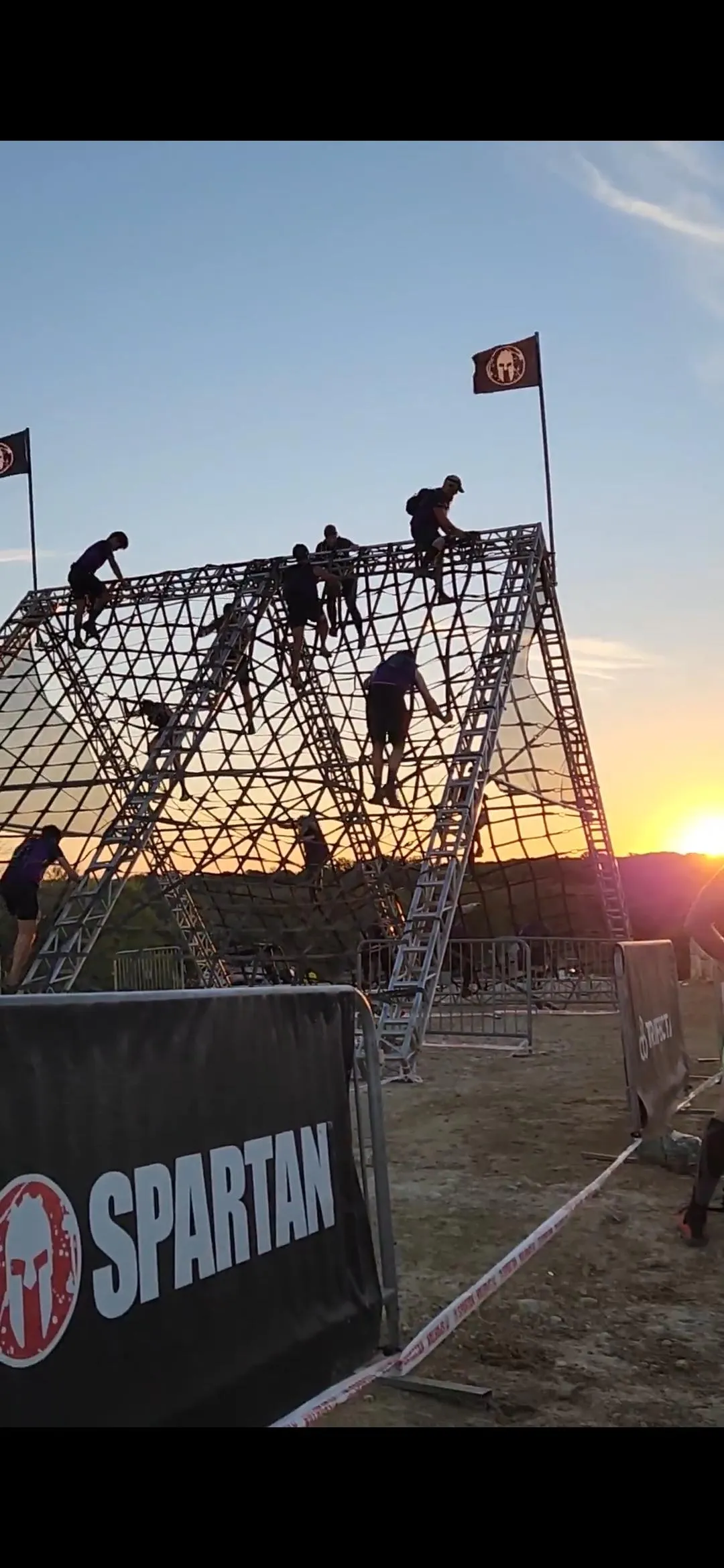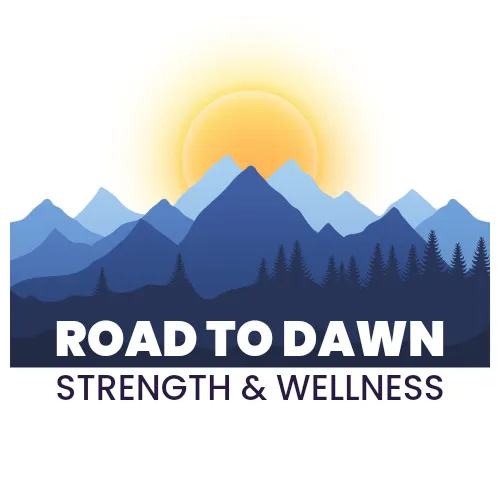The Overcoming Obstacles Blog

Sandman's Coming: Why You Need To Sleep
“A good laugh and a long sleep are the best cures in the doctor’s book.” — Irish Proverb
Let’s be honest: when people think about recovery, their minds go straight to foam rollers, massage guns, supplements, or those weird red light therapy gadgets.
But the most powerful recovery tool?
It’s not something you can buy. It's FREE.
It’s sleep.
Sleep isn’t just rest — it’s regeneration. It’s when your brain rewires, your tissues rebuild, and your hormones reset. And if you’re serious about performing well, staying pain-free, and making gains, you cannot out-train poor sleep. (Or nutrition, but that's another post).
😴 Why Sleep Matters More Than You Think
Here’s what happens while you’re catching Zs:
Your body releases growth hormone to repair muscles and tissue
Your nervous system calms down, lowering stress and inflammation
Your brain processes movement patterns, helping with skill acquisition
Your immune system strengthens
And maybe most importantly: your pain threshold resets
That last one? Yeah, it’s a big deal.
🧠 Less Sleep = More Pain
Studies show that people who don’t get enough sleep are significantly more sensitive to pain. One night of poor sleep can:
Lower your pain tolerance
Increase inflammation markers
Make you feel more sore, more stiff, and more irritable
So if you're dealing with chronic pain, nagging injuries, or just can’t shake that “beat-up” feeling?
Fix your sleep first. Before you blame your shoes, your form, or your training volume — ask yourself if you’re sleeping enough. And there's nothing fancy here. There's no evidence to show that sleeping patterns are bad for pain, it's all about finding something comfortable. We all have our preferred position of sleeping. Use it.
💡 How Much Sleep Do You Really Need?
Most adults need 7–9 hours per night. But if you’re training hard or recovering from injury? You’re closer to 9.
Elite athletes often sleep 9–10 hours, plus naps — because recovery is part of their job. And if you’re trying to optimize performance (even as a weekend warrior), you’ve got to treat it that way too.
🛌 How to Improve Your Sleep Habits (aka “Sleep Hygiene”)
Improving sleep starts with creating the right environment and consistent habits. Here’s how:
1. Stick to a Schedule
Go to bed and wake up at the same time every day — yes, even on weekends. Your body loves rhythm.
2. Dim the Lights at Night
Screens, overhead lights, and LEDs trick your brain into thinking it’s still daytime. Cut them down an hour before bed to let melatonin rise naturally.
3. Keep It Cool and Dark
Ideal bedroom temp? Around 65°F (18°C). Use blackout curtains and keep screens out of the room.
4. Avoid Caffeine After 2 PM
Caffeine has a half-life of 5–6 hours — that afternoon pick-me-up might be the reason you’re tossing and turning at midnight.
5. No Big Meals or Booze Before Bed
Eating or drinking too much before sleep can wreck your deep sleep quality, even if you fall asleep fast.
🌞 What You Can Do During the Day to Sleep Better at Night
Your daytime habits set the tone for your nighttime rest. Here’s how to support sleep before the sun goes down:
Get sunlight in the morning — even 10–15 minutes outside early in the day helps anchor your circadian rhythm
Exercise regularly — but not too close to bedtime
Limit long naps — if you nap, keep it under 30 minutes and avoid late-day naps
Cut screen time when possible — especially passive scrolling right before bed
Create a wind-down routine — stretch, journal, read… anything that signals to your brain that it’s time to chill
🏁 Final Thoughts
You train hard. You push yourself. You want results. But if you’re skipping sleep, you’re skipping recovery — and that’s where the real growth happens.
Sleep isn’t lazy. It’s productive. It’s where your body does the hard work of healing, adapting, and preparing you to show up again tomorrow, better than before. There's few things better than a good night's sleep.
So before you throw money at the next “recovery tool,” take a hard look at your bedtime. Because the real magic? It’s in the mattress.
Want help designing a training plan that includes performance and recovery strategies like sleep, mobility, and nutrition? Reach out — I’ve got you covered. Click here to schedule a call.

QUICK LINKS
GET IN TOUCH
Home Base: Little Chute, WI
(516) 924-6062
Monday - Saturday : 8:00 - 5:00
© 2024 Road to Dawn Strength and Wellness